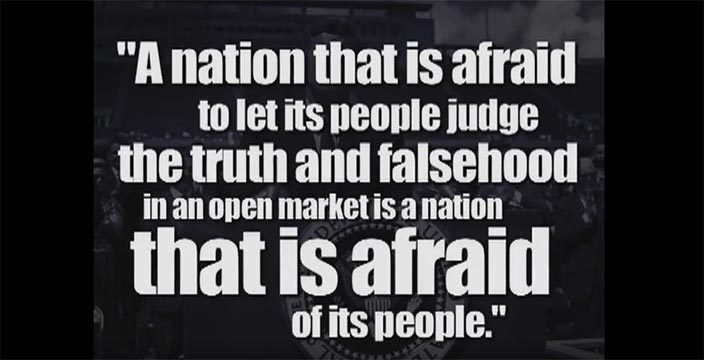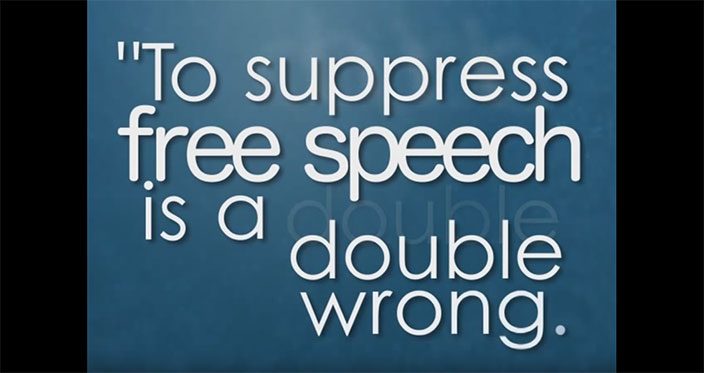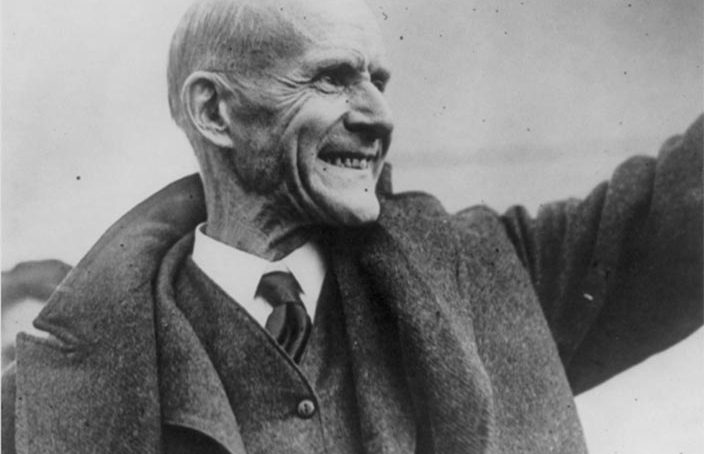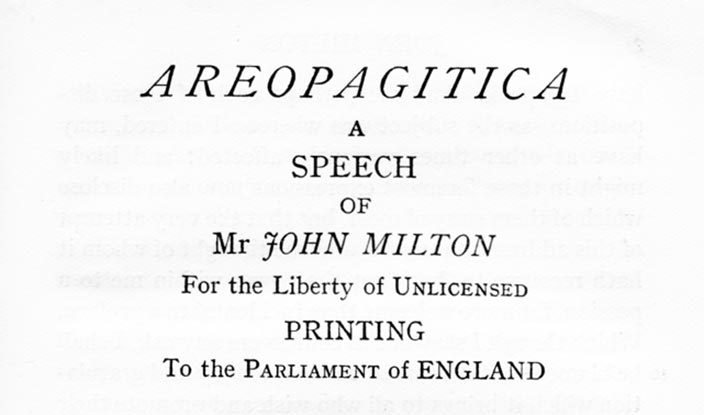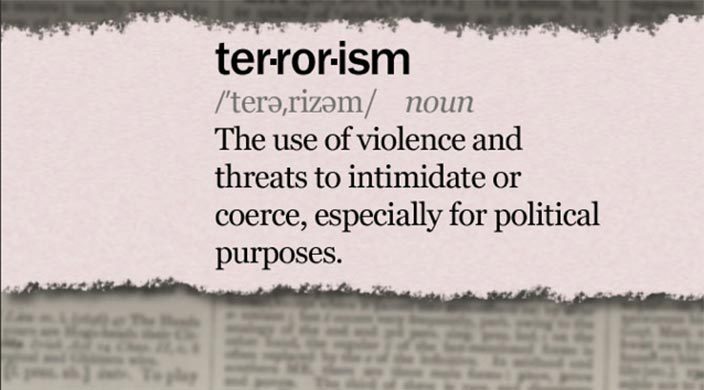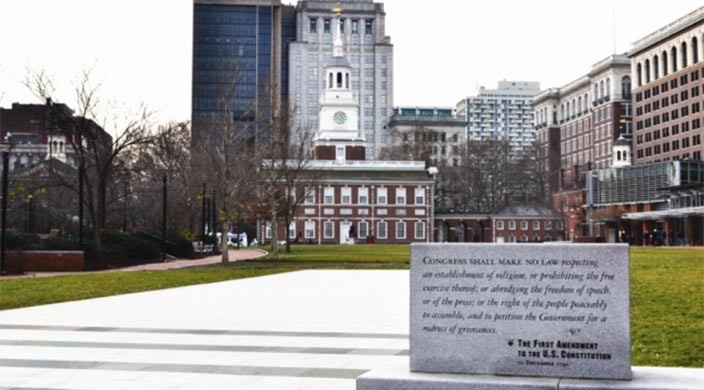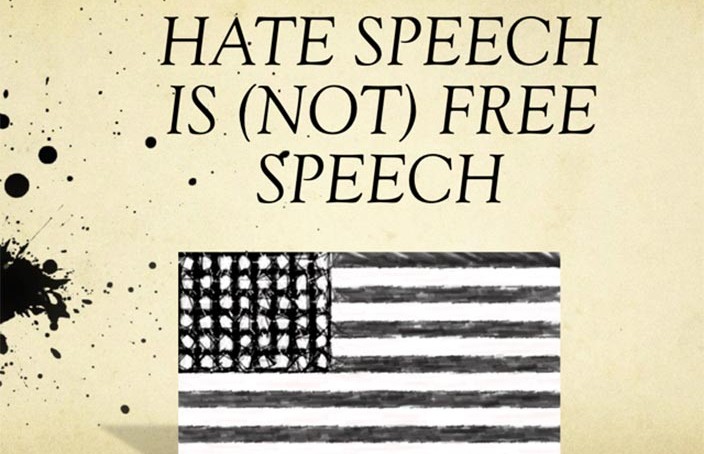“A nation that is afraid of its people…”
JFK’s presidency lasted only two short years, but his tenure involved a sequence of history-altering events including the Cuban Missile Crisis, the Bay of Pigs Invasion, the Nuclear Test Ban Treaty, the founding of the Peace Corps, the construction of the Berlin Wall, the Trade Expansion Act, and the heated American Civil Rights Movement.
Read More
